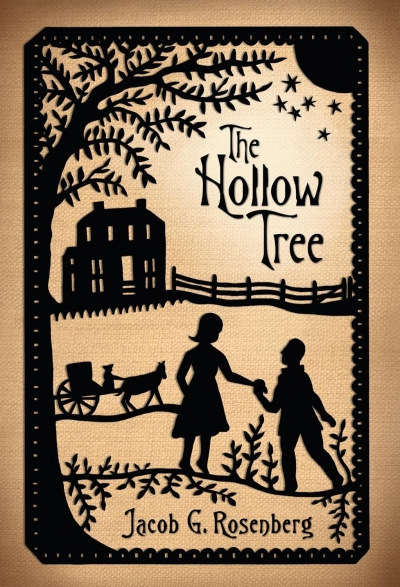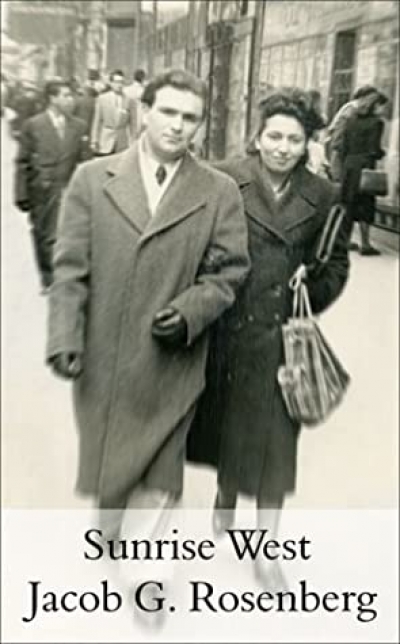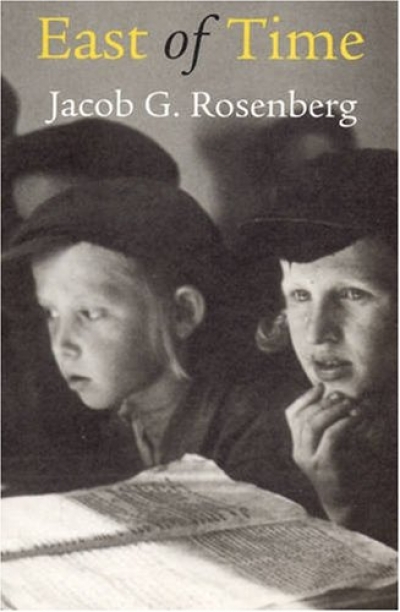Gunther Grass, in his suave and controversial memoirs, Peeling the Onion (Harvill Secker, 2007, trans. Michael Henry Heim), rehearses many of the modern autobiographer’s qualms about the biddability of memory. Grass, with his long history of attacking other Germans’ wartime activities while concealing his own service in the Tenth SS Armoured Division, has every incentive to question the memoirist’s primary tool. ‘When pestered with questions,’ Grass writes, ‘memory is like an onion that wishes to be peeled so we can read what is laid bare letter by letter. It is seldom unambiguous and often in mirror-writing or otherwise disguised.’ Changing metaphors, Grass contends with memory’s caprices and slippages: ‘Memory likes to play hide-and-seek, to crawl away. It tends to hold forth, to dress up, often needlessly. Memory contradicts itself; pedant that it is, it will have its way.’
...
(read more)





